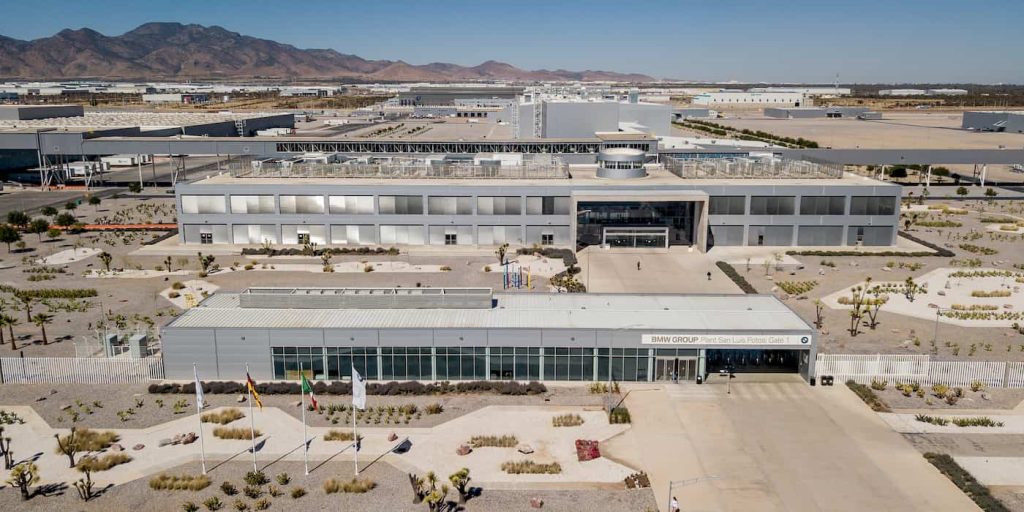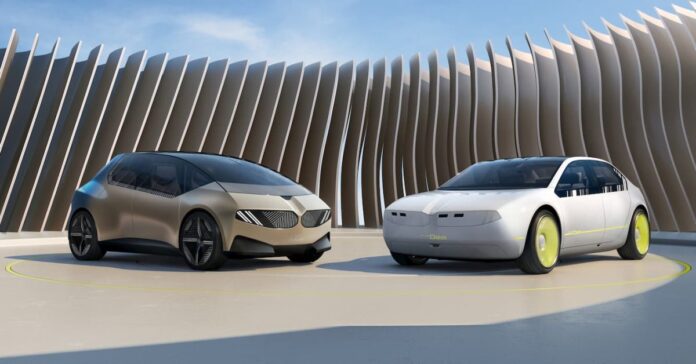BMW is accelerating its electric vehicle production plans, announcing an € 800 million (about $864 million) investment to prepare its San Luis Potosí plant in Mexico for the incoming wave of next-generation Neue Klasse EVs.
BMW investing in North American EV production
After announcing a $1.7 billion investment in October to expand its Spartanburg production site in the US, BMW plans to boost its North American EV capacity further. As Milan Nedeljković, member of the Board of Management of BMW AG explained:
We are systematically gearing our production network towards electromobility. In Mexico, we are investing 800 million euros in our plant and creating around 1,000 new jobs.
Five hundred million euros will be set aside for a new 85,000 m2 assembly center for high-voltage electric vehicle batteries.
Coming online in 2019, the facility has around 3,000 employees and will add another 500 new jobs with the investment. The plant already produces some of its most popular models, supplying 74 global markets, and will play a critical role as BMW scales production of its next generation of EVs.
The manufacturing facility will implement the company’s BMW iFactory production strategy, focusing on flexibility, green and resource-saving methods, and digitalization.

BMW is taking the core of its brand into the modern era with its “Neue Klasse,” or a new class of electric vehicles set to ride on its next-generation EV platform, starting in 2025.
The first Neue Klasse cars are expected to roll off BMWs production line at its Debrecen, Hungary plant in 2025, followed by its flagship plant in Munich. From 2027 onwards, additional Neue Klasse volumes will be introduced at the San Luis Potosí facility in Mexico.
BMW’s Neue Klasse EVs will use new, round lithium-ion battery cells developed for its sixth-generation Drive tech.
According to BMW, the new format will increase energy density by over 20% and charging speed and range by up to 30%. Meanwhile, CO2 emissions will be reduced by up to 60% as its suppliers rely on renewable energy sources and “in the case of the raw materials lithium, cobalt and nickel, using a certain percentage of secondary material, i.e. material already in the cycle.”
The automaker is aiming for a 50% EV share of total sales by 2030, which the company says can be achieved earlier. BMW continues investing in EV production capabilities to ensure it will get there.


